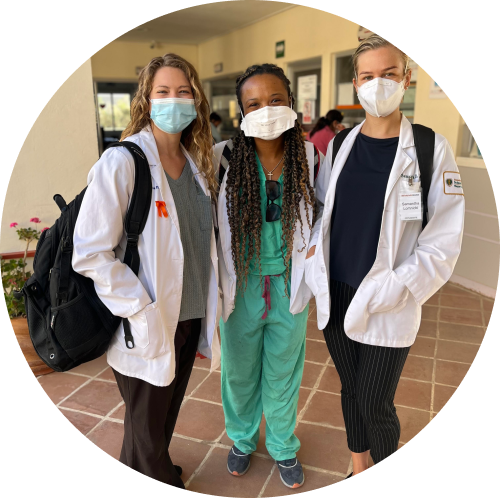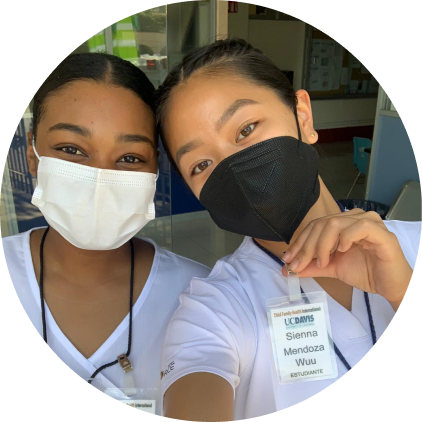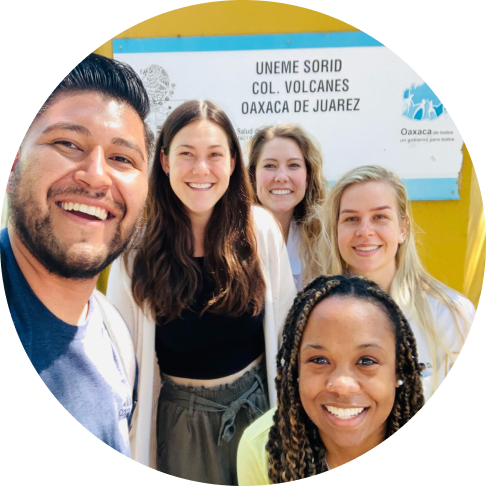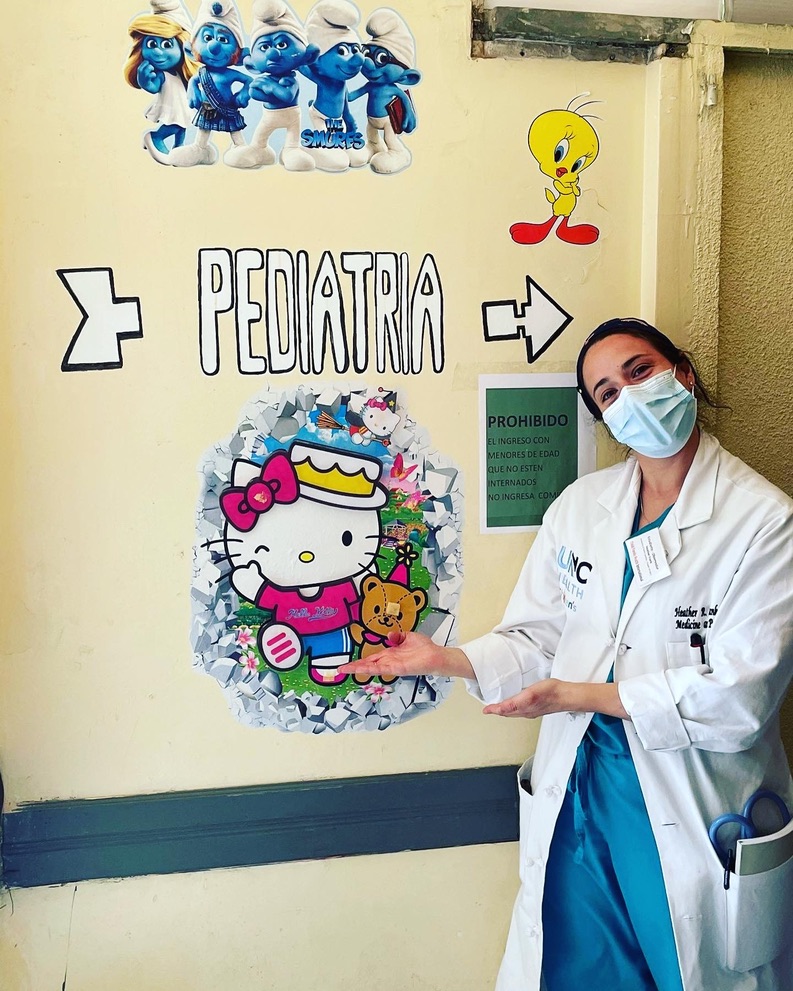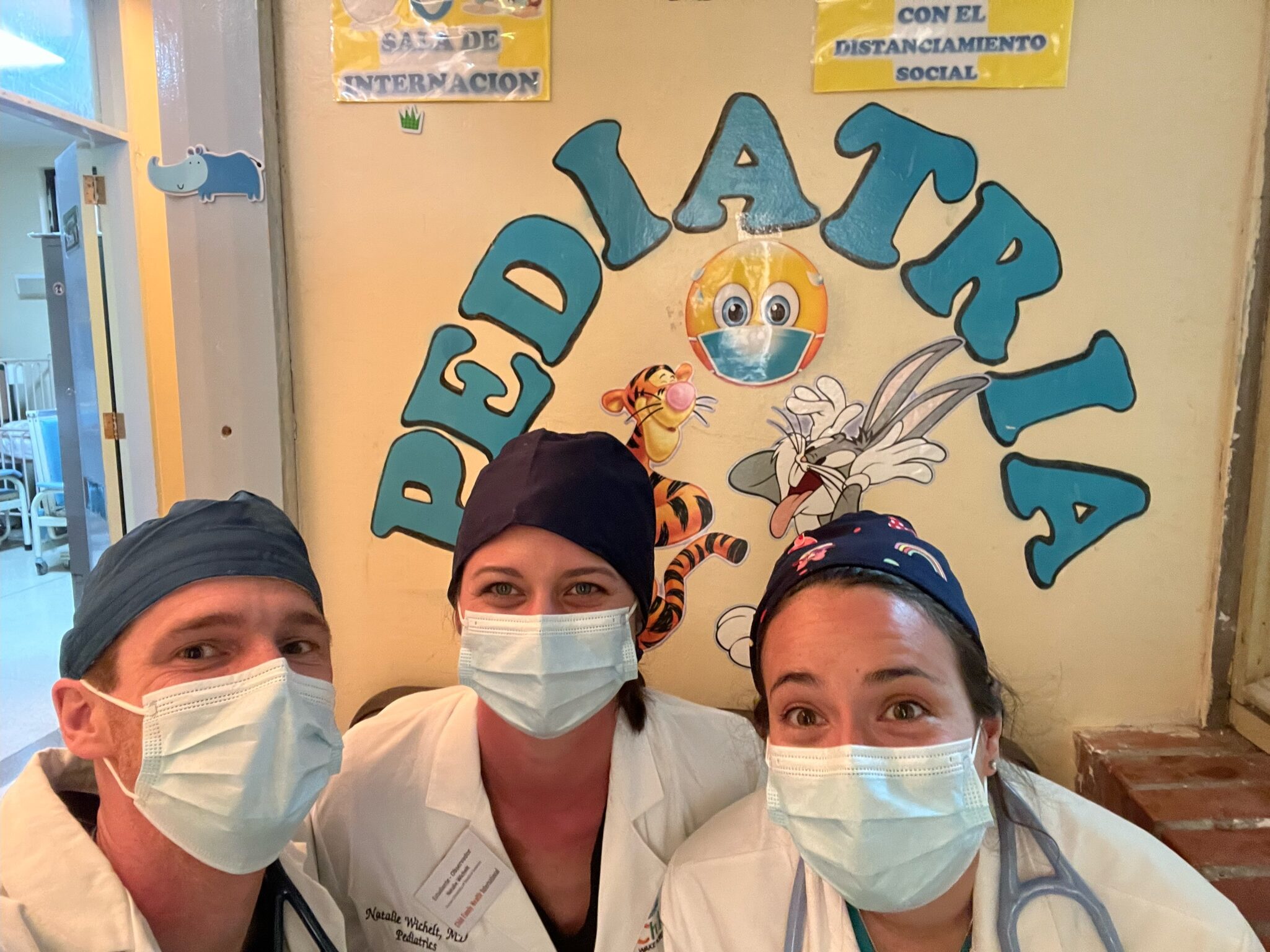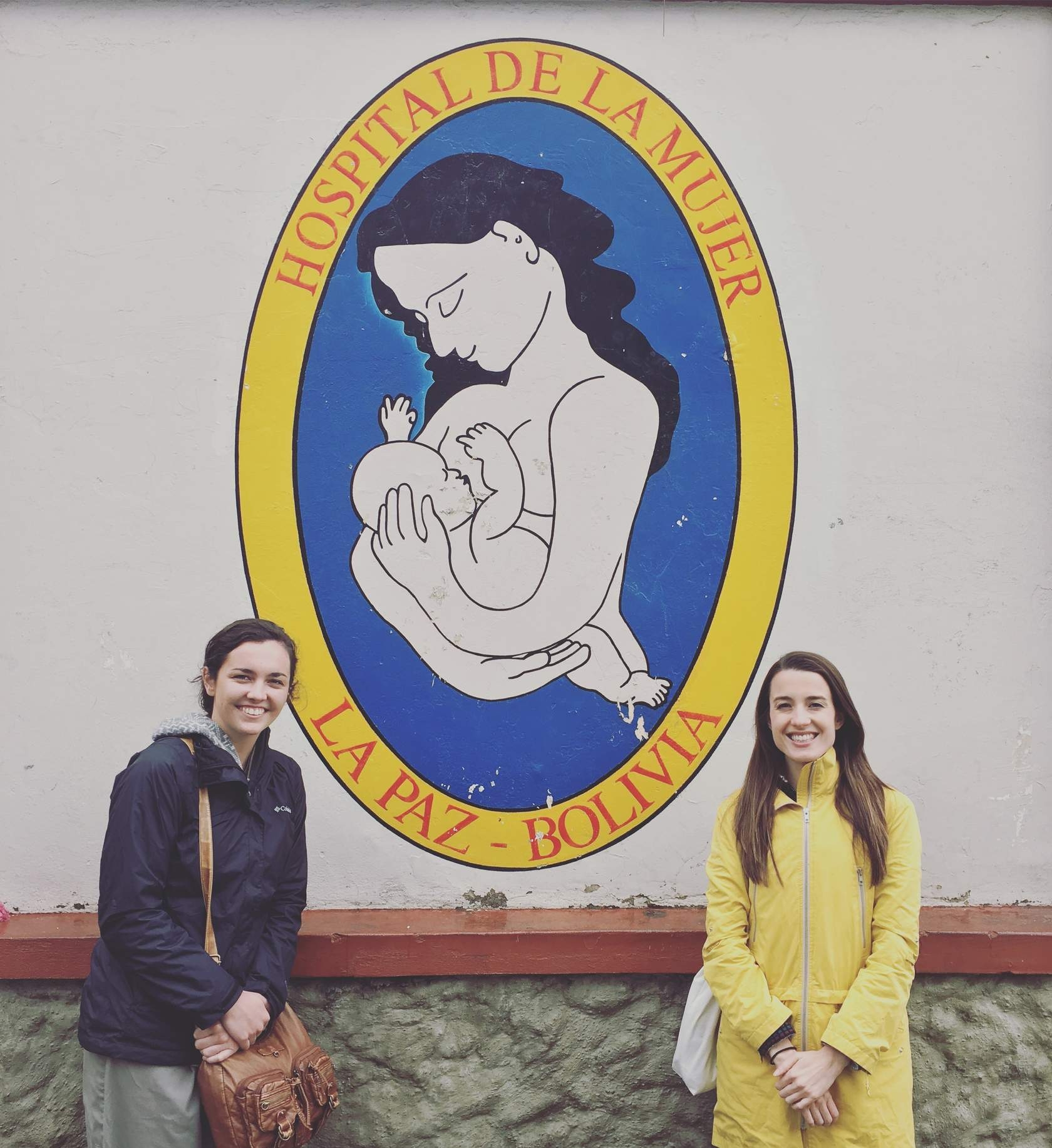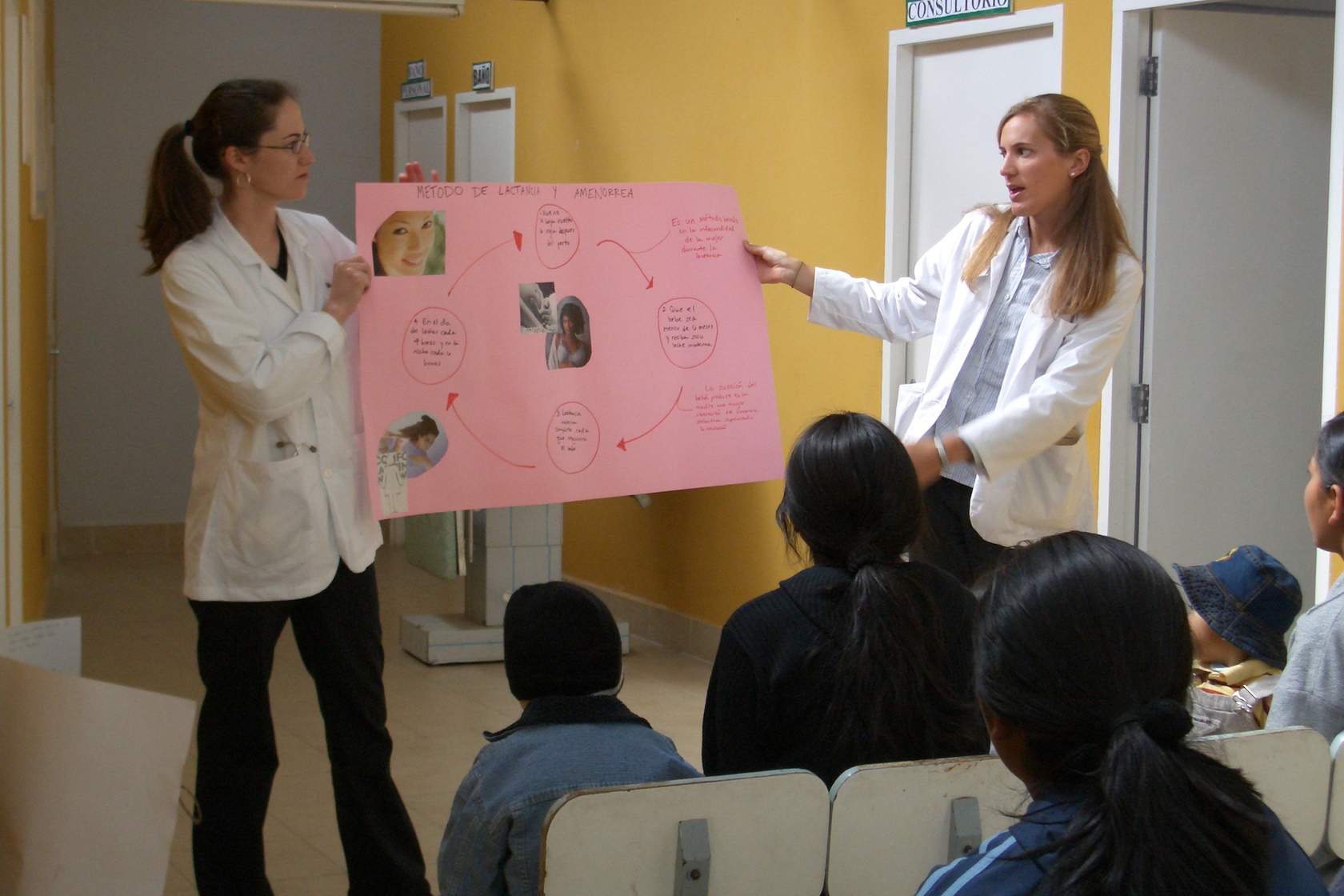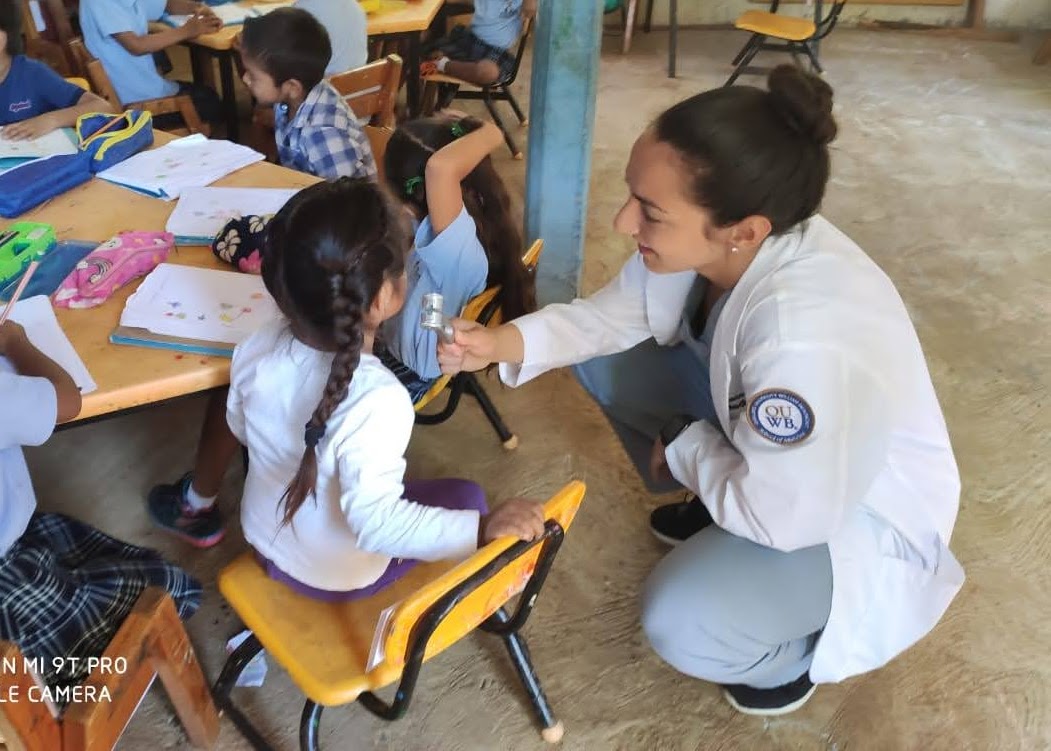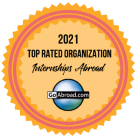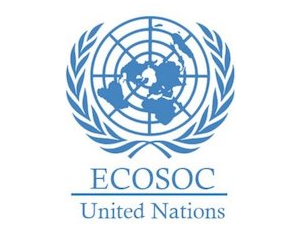- Home
- All programs
- Global Health in Bolivia (La Paz)
Program overview
Sitting in a valley in the Andes Mountains 11,942 ft (3,640 m) above sea level, La Paz is truly a unique city, full of colorful markets and the rich living heritage of indigenous peoples. Bolivia is one of few countries globally to implement a universal health coverage model and recognize traditional medicine as an integral part of its National Health System. Yet access to healthcare is hindered by inequities between social classes and ethnic groups.
During the program, participants learn from local health workers who engage daily with indigenous populations in low resource settings and explore the socioeconomic and cultural barriers to access health care. Take part in rotations at pediatric clinics and hospitals in and around La Paz, including the largest children’s hospital in the country. Learn from local physicians, residents, medical students, and nurses in wards such as obstetrics, oncology, inpatient, infectious disease, nephrology, and disabilities.
Become immersed in Bolivian culture and language through conversational and medical Spanish classes while living with a local family. Explore Bolivia, and visit destinations such as Lake Titicaca, the Inca Ruins at Tiwanaku, and the Uyuni Salt Flats.
About this program
- Location
- Accommodations
- Arrival Information
- What's Included
- Things to Do
- A Day in the Life
- Alumni Advisor
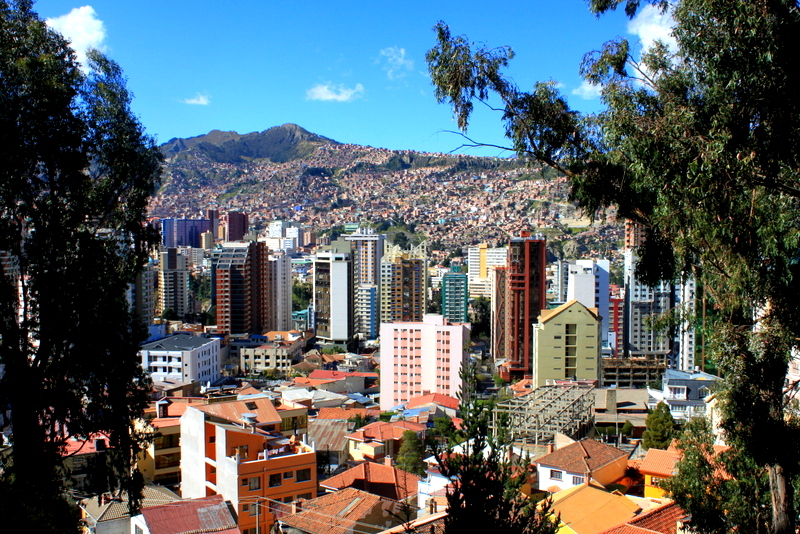
Bolivia is a geographically diverse country home to both the Amazon jungle and Andes mountain range. This land-locked country in the heart of South America was formerly part of the Inca Empire and borders Brazil, Peru, Chile, Paraguay, and Uruguay. It is one of the most underdeveloped countries in Latin America.
This program is based in La Paz, Bolivia’s third most populous city and a center for commerce, finance, and industry. Located at an altitude of nearly 12,000 feet, the ‘city that touches the sky’ lies between the Altiplano high mountain ranges of the west and Las Yungas, an area of tropical mid-elevation valleys. Temperatures average in the 60s year round, but can dip below freezing at night.

Program participants will find their home away from home in carefully selected homestays, screened by CFHI Local Coordinators in La Paz and following CFHI’s health and safety guidelines. Nestled within downtown La Paz and surrounding areas, these homestays offer the perfect blend of comfort and authenticity, situated in middle-class neighborhoods with excellent access to public transportation, shops, restaurants, and cafes. Most homestays are in high-rise apartments, a common feature of urban living in La Paz. In some cases, CFHI scholars share a house or a room in the same homestay with fellow program participants.
Going beyond mere lodging, these homestays provide a unique opportunity to learn about the local culture and practice Spanish skills on a daily basis in an informal setting. Accommodations include two meals per day. At the welcome orientation, participants will be instructed on culture and work etiquette to have the best experience in both homestay and the health setting.
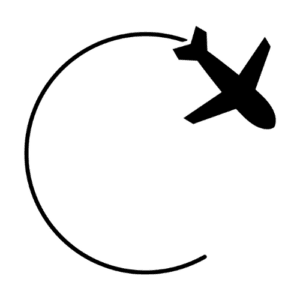
Participants should arrive in La Paz, Bolivia on the program start date and will be picked up from the airport by a CFHI representative and taken to their homestay. A welcome orientation will take place the Sunday or Monday after arrival.
U.S. citizens must apply for a tourist visa in advance or upon arrival at the airport. More information on travel and logistics will be provided by CFHI after acceptance into the program.
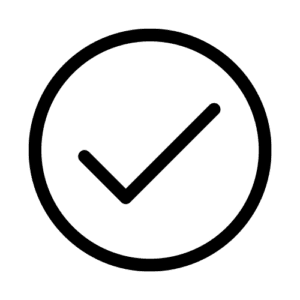
What’s Included
CFHI Program fees include the majority of your on the ground costs. As a nonprofit, CFHI strives to keep fees low and offers fundraising opportunities, scholarships and discounts.
Pre-Departure Support
- Program advising and support via email, phone, and web meeting from CFHI’s Central Leadership team
- Detailed online Pre-Departure Training that includes modules on program logistics (flights, visas, immunizations, and more), intercultural learning, introduction to health realities at your program site, and much more
On-Site Services
- Airport pick-up upon arrival and transportation with a local CFHI representative to your program lodging
- Welcome orientation 1-2 days after arrival covering safety, transportation, and other logistics
- Spanish Classes: 30 hours/month of Spanish classes, including medical Spanish instruction and cultural activities
- CFHI Local Team that provides instruction, logistical support, and 24/7 emergency response
- Meetings and lectures on local healthcare system, socio-economic determinants of health and current cultural/historical topics.
- Placement and coordination of clinical and any public health activities (if relevant)
- Accommodation and two meals per day
- Bus and Teleferico Pass
- Local cell phone or support obtaining a local SIM card
- International emergency medical and evacuation insurance (unless waived by your university or institution)
Post-Return Resources
- Opportunities to engage as a CFHI Alumni Ambassador, reviewing scholarship applications, speaking on CFHI panels, and more
- Access to CFHI alumni-only social media group/s featuring news and career opportunities related to Global Health
- CFHI alumni newsletter highlighting events, professional development opportunities, resources, and ways to stay involved
Uniquely, 60% or more of CFHI student program fees go directly to the communities they will be visiting, benefiting the local economy at large and specifically underserved health systems.
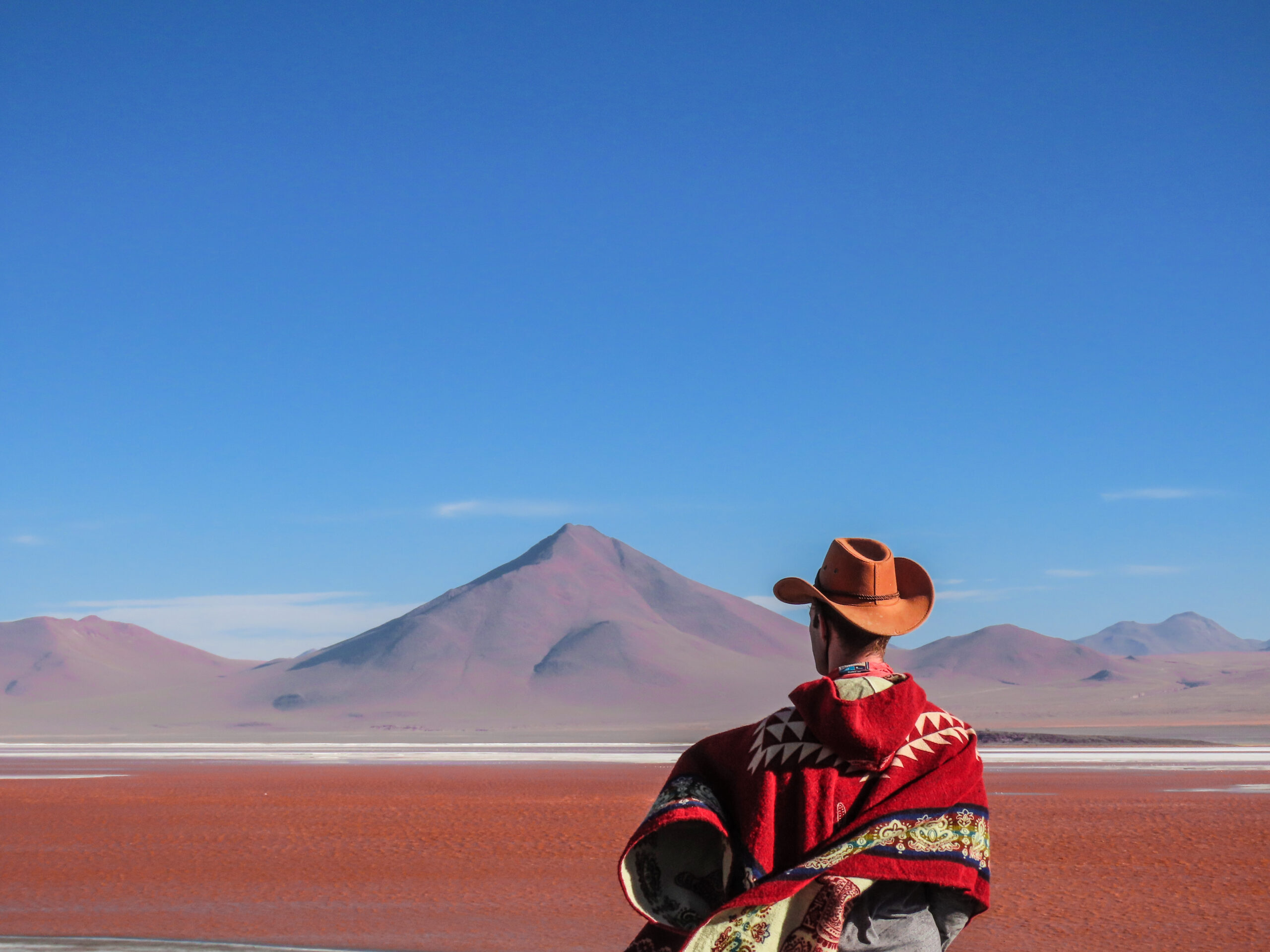
Relax over coffee at one of La Paz’ many cafes or visit one of the cities hundreds of museums and historic churches. Explore colorful markets such as the unusual Mercado de Hechicería, or witches market — selling local indigenous handcrafts as well as witchcraft-related potions, charms, and trinkets.
La Paz is also located just a few hours away from the UNESCO world heritage site of Lake Titicaca, the largest and highest navigable lake in the world. Situated on the Bolivian side of the lake visit the town of Copacabana and islands such as Isla del Sol or “Island of the Sun.” Walk among the ruins such as Sacred Rock and labyrinth-like buildings and archaeological sites dating back to 300 A.D. Organize a weekend trip to the picturesque Salar de Uyuni or Uyuni Salt Flats, the largest in the world at approximately 4,600 square miles.
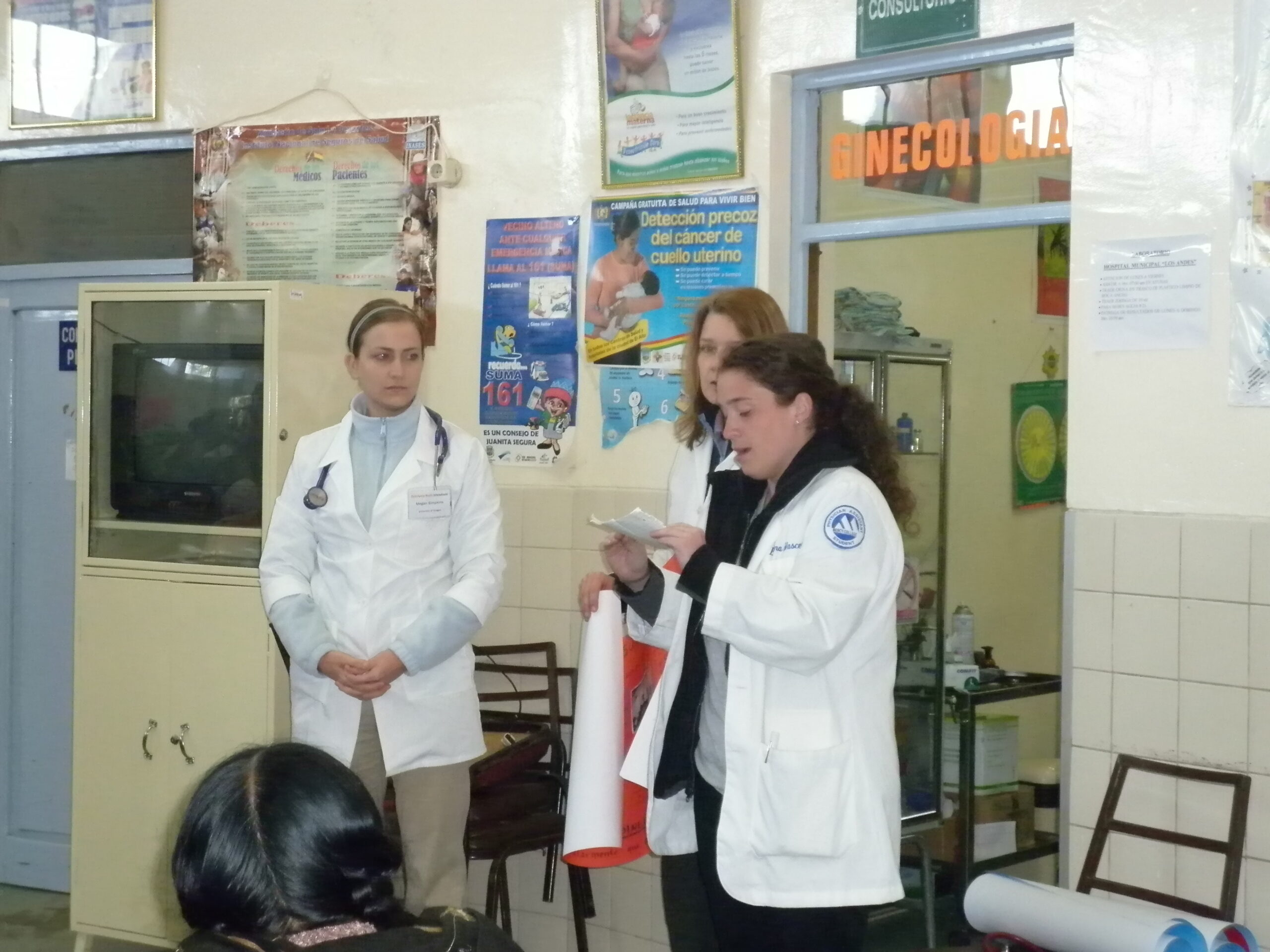
A typical day in a CFHI program is a blend of immersive learning, cultural exploration, and personal reflection. Participants begin their mornings with breakfast at their homestay, followed by 4-6 hours of clinical rotations. The clinical site assignments and schedule are shared by the local team upon arrival. In the afternoon, participants attend Spanish classes at the language school, with the hours and regularity varying based on the program. Weekends are free of program-planned activities.
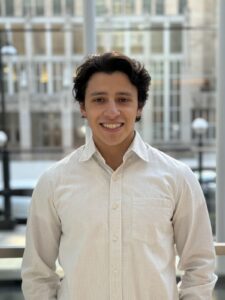 Hello! My name is Luis Lopez.
Hello! My name is Luis Lopez.
I am the advisor for the La Paz, Bolivia CFHI program in 2023. During my month in Bolivia, I had the opportunity to learn from inspiring physicians in various departments at El Hospital de Niño and to meet several medical students along the way. This was my first introduction to a global health rotation, and I am incredibly grateful for the experience. The attendings provided exceptional teaching, and I also had the chance to explore the beauty of Bolivia on weekend trips. Additionally, I am a medical student at Northwestern University Feinberg School of Medicine in Chicago, IL, and in my free time, I enjoy working out and playing the piano.
Clinic rotations & Public Health placements
Meet the Local Team
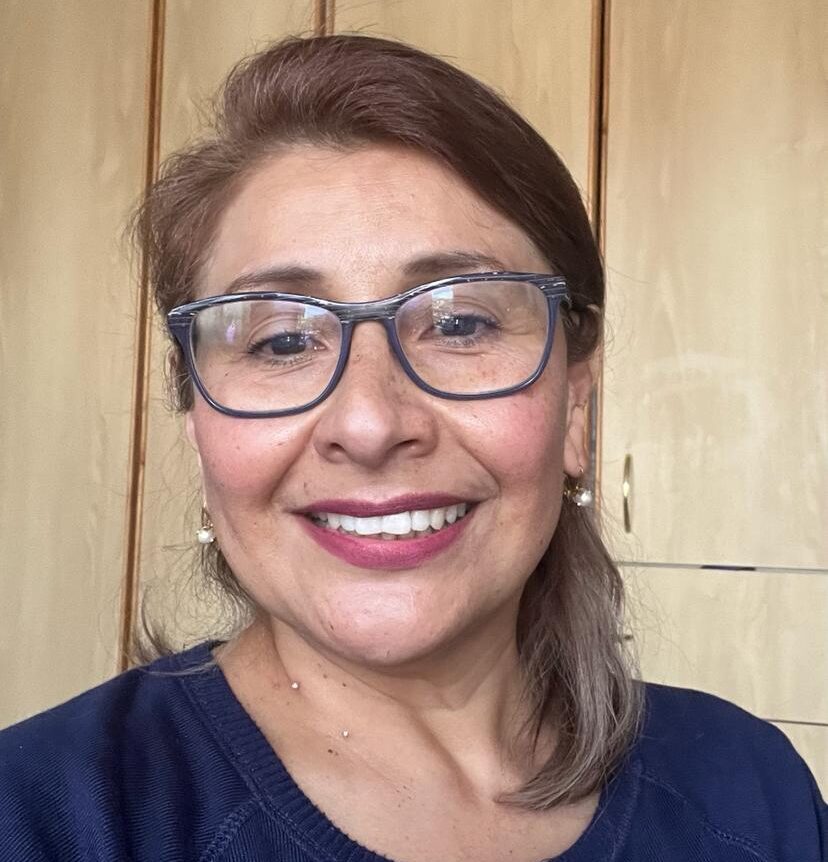
Dr. Cecilia Uribe de Chavez - CFHI La Paz Medical Director
The local Medical Director oversees and arranges all clinical and public health-related activities and is also responsible for coordinating healthcare and emergency services for participants as needed. They coordinate a cadre of preceptors who mentor and supervise program participants at both clinical and public/community health sites.
Dr. Uribe is a Pediatrician and works in a public hospital in the city of El Alto. She is also president of the Adolescence Committee of the Bolivian Society of Pediatrics. She is an expert in socioeconomic determinants of health in the region and health care delivery strategies in low-resource settings.
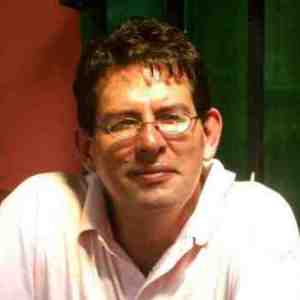
Mr. Gonzalo Claure - CFHI La Paz Local Coordinator
The CFHI Local Coordinators manage the logistics of housing, transportation, and cultural immersion throughout the program. They are a valuable resource for any questions related to navigating the program locale, cultural norms, and tips on planning weekend travel.
Gonzalo is Supervisor of the Executive Branch at the language school where your Spanish classes and weekly meetings are held. The school was started by the U.S. government and has been existence for over 50 years, still retaining close ties to the U.S. Embassy. Gonzalo manages local recruitment programs and study abroad for universities and agencies in the US. He also creates and maintains academic networks for Bolivian and American universities and higher education institutions.
Eligibility
This CFHI program is ideal for participants who are 19 years of age or older with a Beginner 1 Spanish level or above, who have an interest in fields related to pediatric & child health, maternal & reproductive health, hospital & inpatient medicine, primary health care, and/or public health. You do not need to be a student to be eligible for this program; mid-career professionals, GAP year learners, and others are also welcome. This program will provide an in-depth overview of pediatric & child health, maternal & reproductive health, hospital & inpatient medicine, primary health care, and/or public health in Latin America through visits and experiences within hospitals and clinics in the city of La Paz. To confirm your eligibility, please read CFHI’s general eligibility requirements.
The Sustainable Development Goals are a global roadmap set forth by the United Nations General Assembly to end poverty, protect the planet, and ensure the well-being of all individuals by the year 2030. This program highlights the following SDGs:
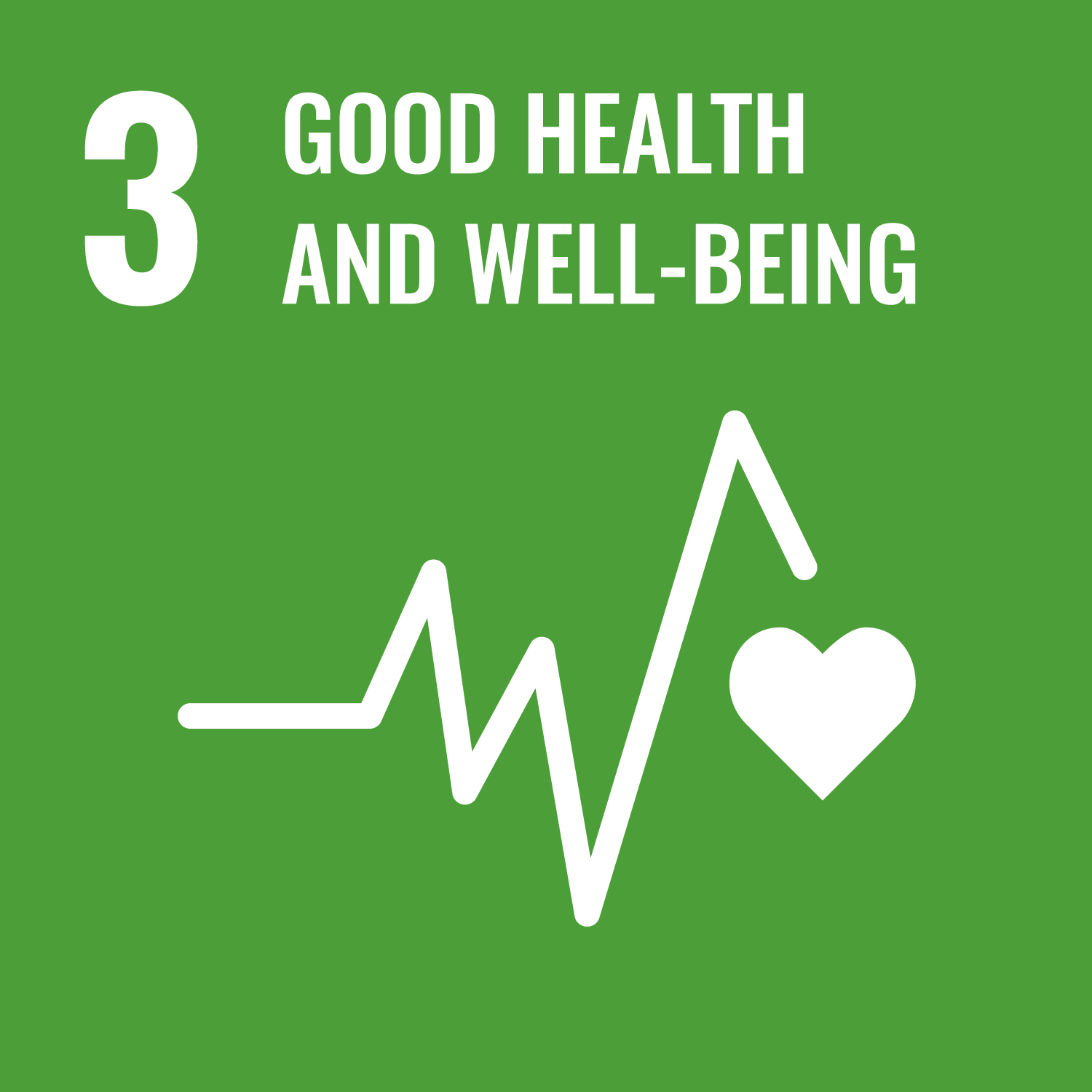
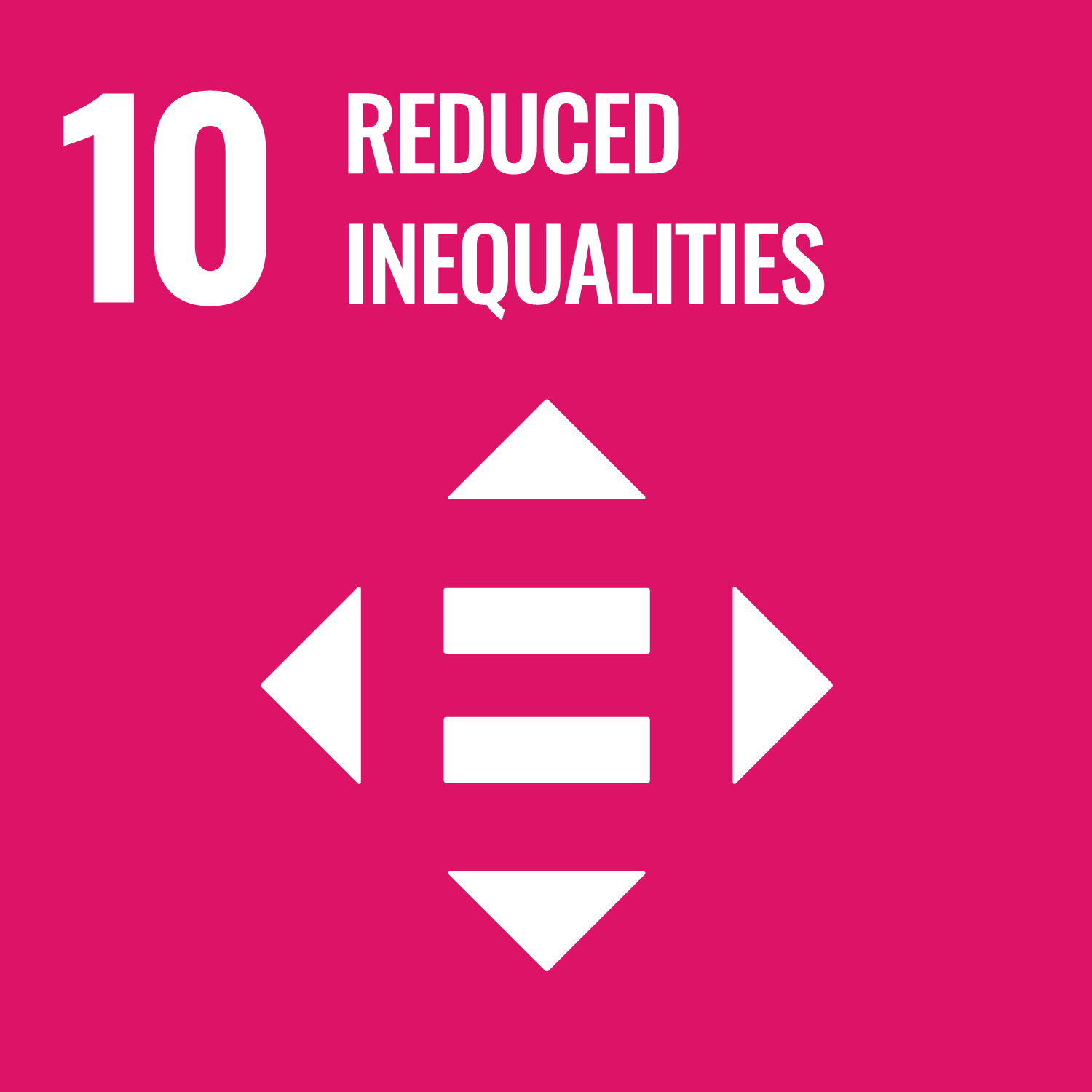
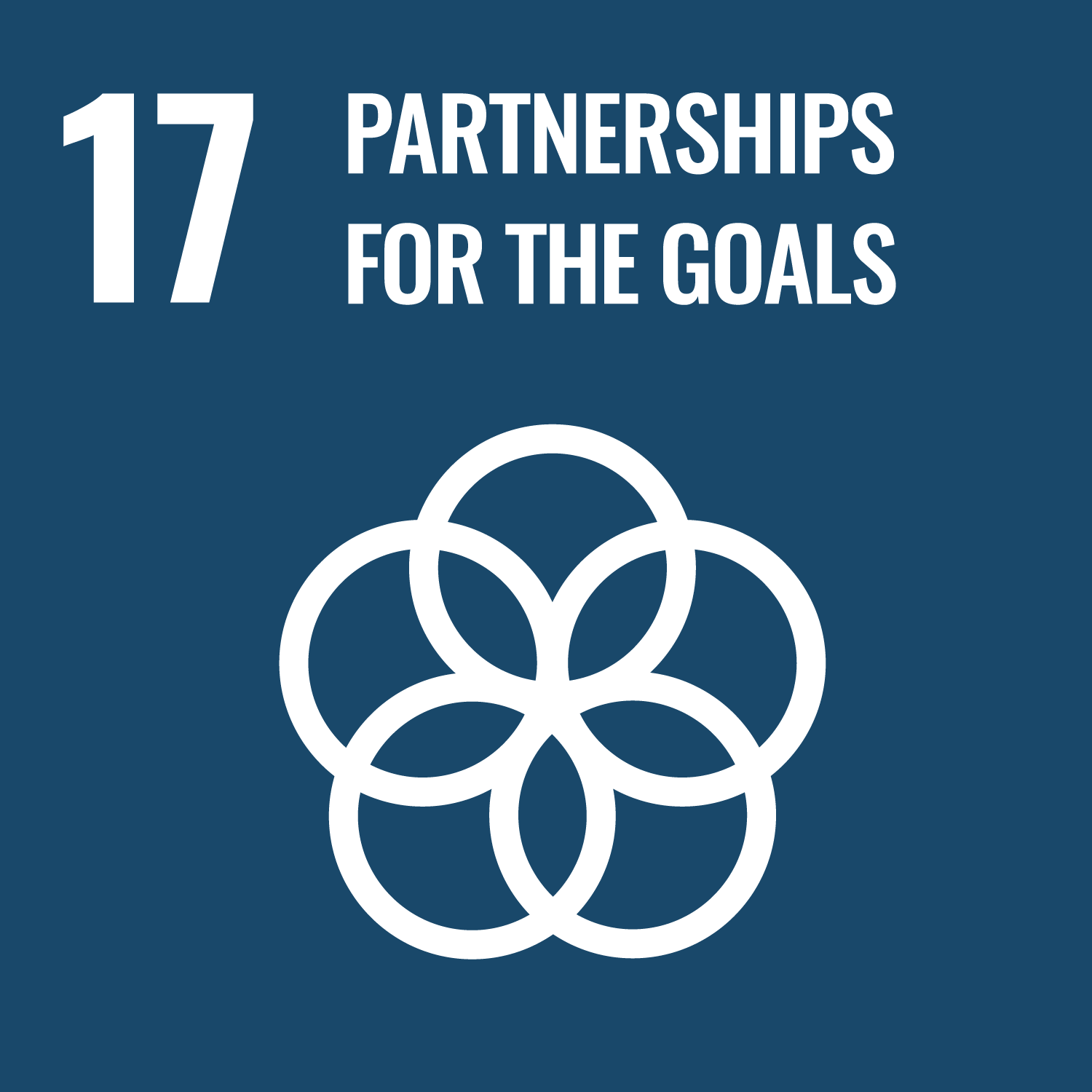
How to Apply
Create profile
Submit application
Hear back from CFHI team
Complete pre-departure training and requirements



Let The World Change You
